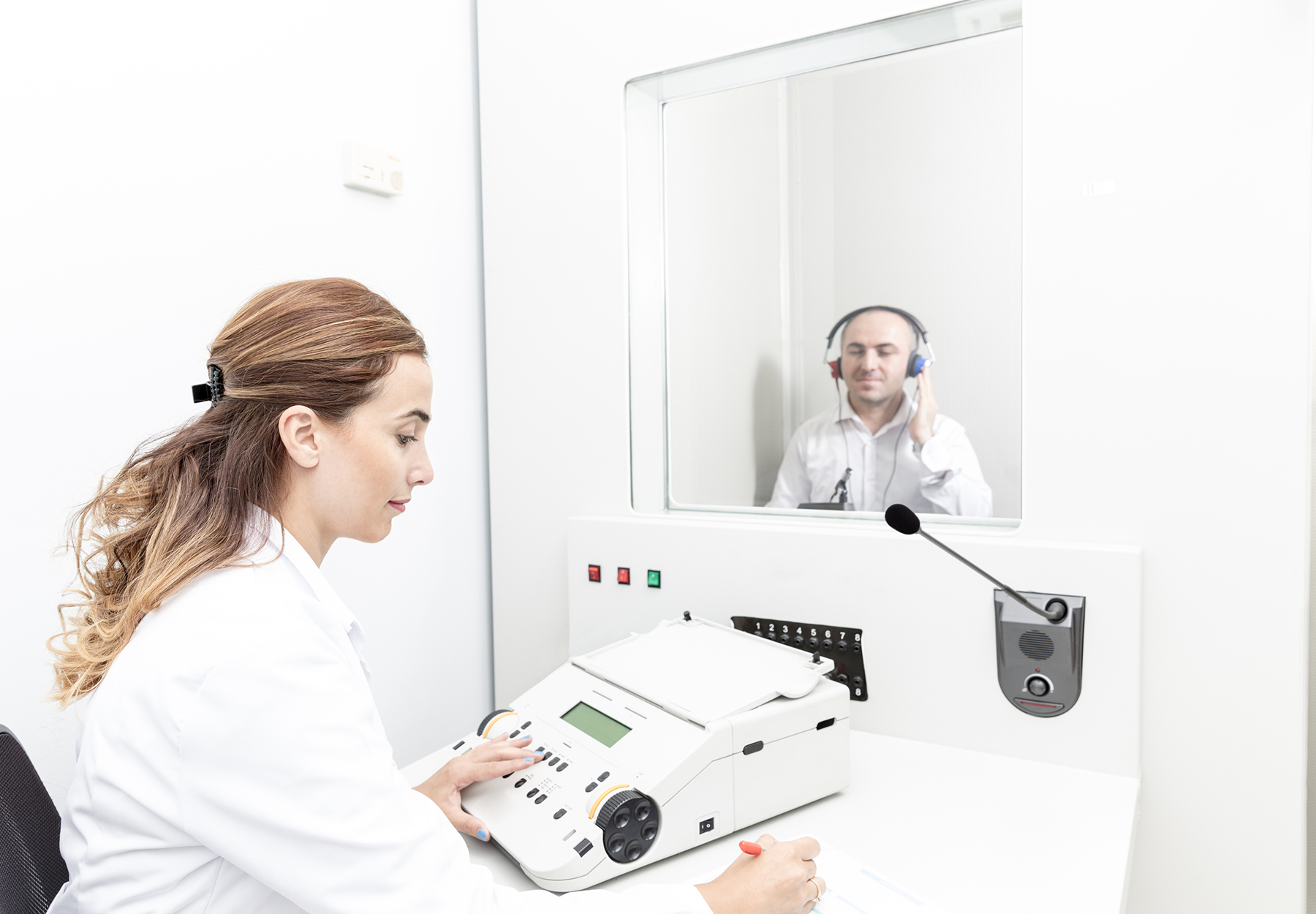A new clinical practice resource aims to help clinicians reach an etiologic diagnosis, as well as provide appropriate genetic counseling and education to patients with hearing loss, if their condition is found to be hereditary. The resource, “Clinical Evaluation and Etiologic Diagnosis of Hearing Loss: A Clinical Practice Resource of the American College of Medical Genetics and Genomics,” released May 10 by the American College of Medical Genetics and Genomics (ACMG) provides the following:
- Information on the frequency, causes, and presentations of hearing loss
- Suggested approaches to the genetic and clinical evaluation of deaf and hard-of-hearing people
As the resource notes, there are a variety of factors that can contribute to deafness or hearing loss, which can occur at any age. Because such contributing factors, known as “etiology” can impact the treatment a person receives, it’s essential that those factors are identified as early as possible so patients receive the proper treatment, education, and resources.
The newly released resource, published in the ACMG journal Genetics in Medicine points out that genetic causes of deafness or hearing loss are often missed in patients born to parents who can hear, thus stressing the need for an etiologic diagnosis based on a genetics evaluation. It recommends such an evaluation for infants and children with hearing loss, as their condition is most likely to have a genetic cause.
